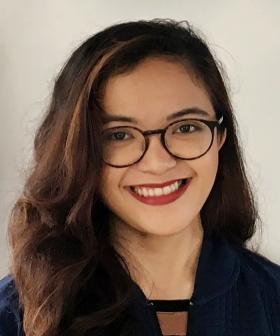Sarah May Sibug-Torres smrs3@cam.ac.uk
Philippines
Physics, Downing College
PhD thesis: The optoelectronic nose from nano-assembly and nano-optics
Research interests:
1. Surface-enhanced Raman spectroscopy
2. Machine learning
3. Microfluidics
4. Chromatography
Surface Enhanced Raman Spectroscopy (SERS) is a highly sensitive and selective molecular fingerprinting method that can be employed for a broad range of sensing applications. Key to the application of SERS for multiplexed quantitative sensing are (1) the reproducible preparation of the SERS substrate, which can be achieved through the controlled assembly of Au nanoparticles (AuNPs) using cucurbit[n]uril (CB[n]) linkers, and (2) the adequate pre-treatment and pre-separation of complex samples. The aim of this PhD project is to develop a robust, low-cost CB[n]:AuNP-based SERS sensor system that is capable of widespread quantitative analysis of complex samples. Key outcomes of this project will be an improved fundamental understanding and control of multianalyte binding on the SERS substrate and a practical, chromatography-integrated lab-on-a-chip sensor system for the multiplexed quantitative analysis of real samples such as urine for health monitoring and other complex samples relevant for food, environmental, and agritech applications.
Who or what inspired you to pursue your research interests?
Accessible sensor technologies can have a significant impact in underserved communities. I first became interested in developing these technologies as a researcher in a USAID-funded project, where I developed sensors for agricultural quality assurance. While our work resulted in many technical achievements, the most meaningful aspect of our research was the opportunity to field-test our sensors in local farms and to see first-hand the impact that accessible technology can have in improving the lives of others. This experience had a significant influence on my motivation as a researcher and solidified my commitment to developing accessible technologies for communities in need.

